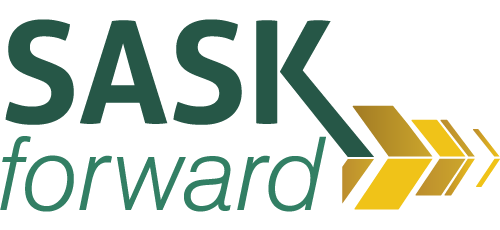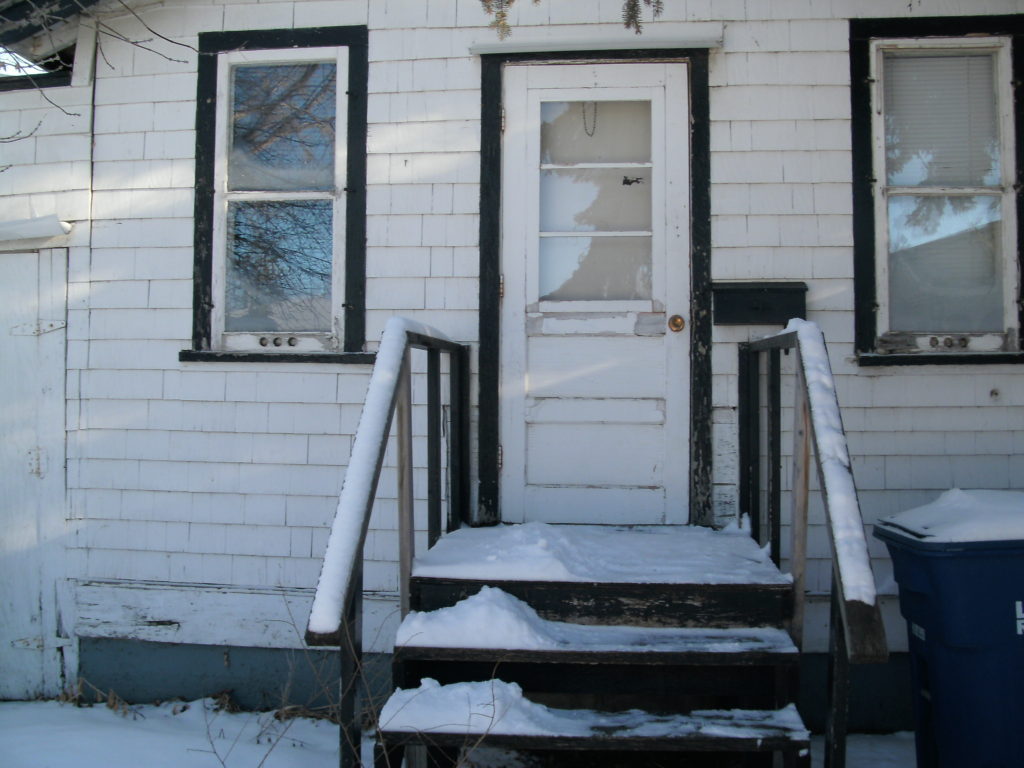Renters of Saskatoon and Area (ROSA) is a grass-roots group of renters and allies, formed over 2 years ago. We have prioritized a few of our many renter concerns here.
Saskatchewan’s rental housing market has failed to meet the needs of low income and marginalized renters in both the boom and bust times. A generation of renters of all ages have indeed already paid through lost job and education opportunities, personal, health and financial loss, precarious and subsistence living, and homelessness. Austerity, and poverty, affects us unequally. Renters continue to fall through the holes in Saskatchewan’s housing safety net. Investments are needed especially in times of economic troubles, to prevent further unequal offloading onto disadvantaged renters.
We call on the Premier to:
- Support the development of rental literacy awareness and support systems, to help renters find and keep affordable, appropriate rental housing
- Invest in, and protect low-income renters now more than ever, through expanded rental housing supplements, supports and rent-geared-to-income housing developments
- and Ensure a fair, dignified, rights-based rental housing system for all.
The planning of just and equitable changes to our rental systems must include the voices of the vulnerable, lived experience renters, for good business management of our shared resources, and to fairly transform Saskatchewan for all.
Recommendations:
A). Rights and Responsibilities: Presently, a shortage of basic rental literacy skills on the part of both landlords and renters costs too much for both parties, and for the overall community. A lack of timely access to appropriate supports and consumer protections are preventable barriers to housing security, and sustainable, low-income rental housing stock. Investing now, with community engagement, in inclusive, successful and transformative system changes and practices such as the Ready to RentBC model, can save money, prevent homelessness, and build stability and sustainability for landlords and tenants.
The renters have said that more supports are needed for awareness of the rights of marginalized renters, including increasing awareness among small rental businesses that lack awareness of rights and responsibilities. Measures to increase the accountability of some market landlords who systematically take advantage of disadvantaged renters, and better renter protections and transparency in the handling of security deposits, would make renters’ lives better.
B). Discrimination: Another renter concern is discrimination particularly when trying to get housing. We are all treaty people! Saskatchewan Human Rights Code prohibitions of discrimination in rental housing must be better ensured and enforced, for all citizens regardless of race, country of origin or other protected categories.
The Saskatchewan Human Rights definition of protections from discrimination for those on income programs as ‘in receipt of Social Assistance’, must be expanded to match Alberta’s definition ‘based on source of income’ to fairly protect clients of other low income programs too. Increasing awareness online and through other measures, such as the Ontario Human Rights Commission’s range of awareness promotions, can create a more inclusive, safe and productive community.
Enforcement of these systematic marketplace discriminations is too great a burden to ask vulnerable renters to carry. A new, timely and accessible enforcement system is needed, particularly when applying for housing.
C). Advocates: Increased access is needed to qualified advocates and support services, and increased funding for training and sustainability of this relatively cost-effective community-based asset for marginalized renters. Investing in more affordable conflict resolution alternatives, like mediation, could help reduce court time, and money for all.
D). Affordability: “We simply can’t afford the costs of poverty” – Trevor Hancock, 2015.
Renters even in this high-vacancy market still have to worry about stability and affordability of housing options for themselves, their children and their elders. Protecting and strengthening the renter economy can be achieved by supplementing inadequate income programs and precarious wages in a more timely way to cover actual rent when it does increase, a common renter concern, whether increasing due to unmanaged gentrification, wider market fluctuations, or other pressures. Targeted, direct investment is needed now to restore and expand the portable Rental Housing Supplement benefit and extra shelter funds to cover the actual rent of all previously eligible renters.
E). Rent-Geared to Income: Preserving existing affordable rental housing and expanding sustainable funding for maintenance and energy efficiency is needed for Saskatchewan Housing Corporation’s housing and renovation programs, part of our valuable social safety net for the growing and changing needs of Saskatchewan’s marginalized renters. Ongoing investment is needed now to develop complete social rental housing developments (rent-geared-to-income with services and features). It needs to be reserved for vulnerable renters in a range of household needs and sizes, in locations that meet the renters needs, like schools and affordable transportation (aligning with a rights-based system) to support the health, wellbeing, inclusion and education of our future generations.
F). Renter supports for safe housing: Finding and holding onto safe, healthy and pest-free housing is an overwhelming burden for disadvantaged renter households. This is the result of barriers like inadequate incomes to cover the sudden costs of housing emergencies, transportation, extra supplies, caregiving, and sometimes 24 hour relocation , or barriers maybe due to lacking health or abilities for the labour and organizing challenges of pest and mold preventions and treatments. Subsidized, supportive community services are needed, along with increased investment in pest prevention and treatment research, and public health protection services, to preserve and protect our affordable rental housing stock.
G). Appropriate housing needs: Access must be improved to disability supports including transportation, to find, or develop disability-appropriate and barrier-free rental accommodations close to needed services and community supports. Increased funding for renovations for physical accessibility needs such as bathrooms, entrances or maintenance supports would provide dignity, health and safety, so renters can age in place. Rental housing is needed with more bedrooms and bathrooms for larger, culturally appropriate or multigenerational household options, along with affordable, age-appropriate 1 bedrooms for vulnerable single occupancy households under 65. Renters have also called for rental housing that is pet-friendly, along with pet-free and smoke-free housing for disability needs.
SOURCES
http://www.readytorentbc.org/model/
http://vibrantcanada.ca/files/povertycostssaskatchewan_povertycosts_2014_s.pdf
http://saskatchewanhumanrights.ca/learn/the-human-rights-code

